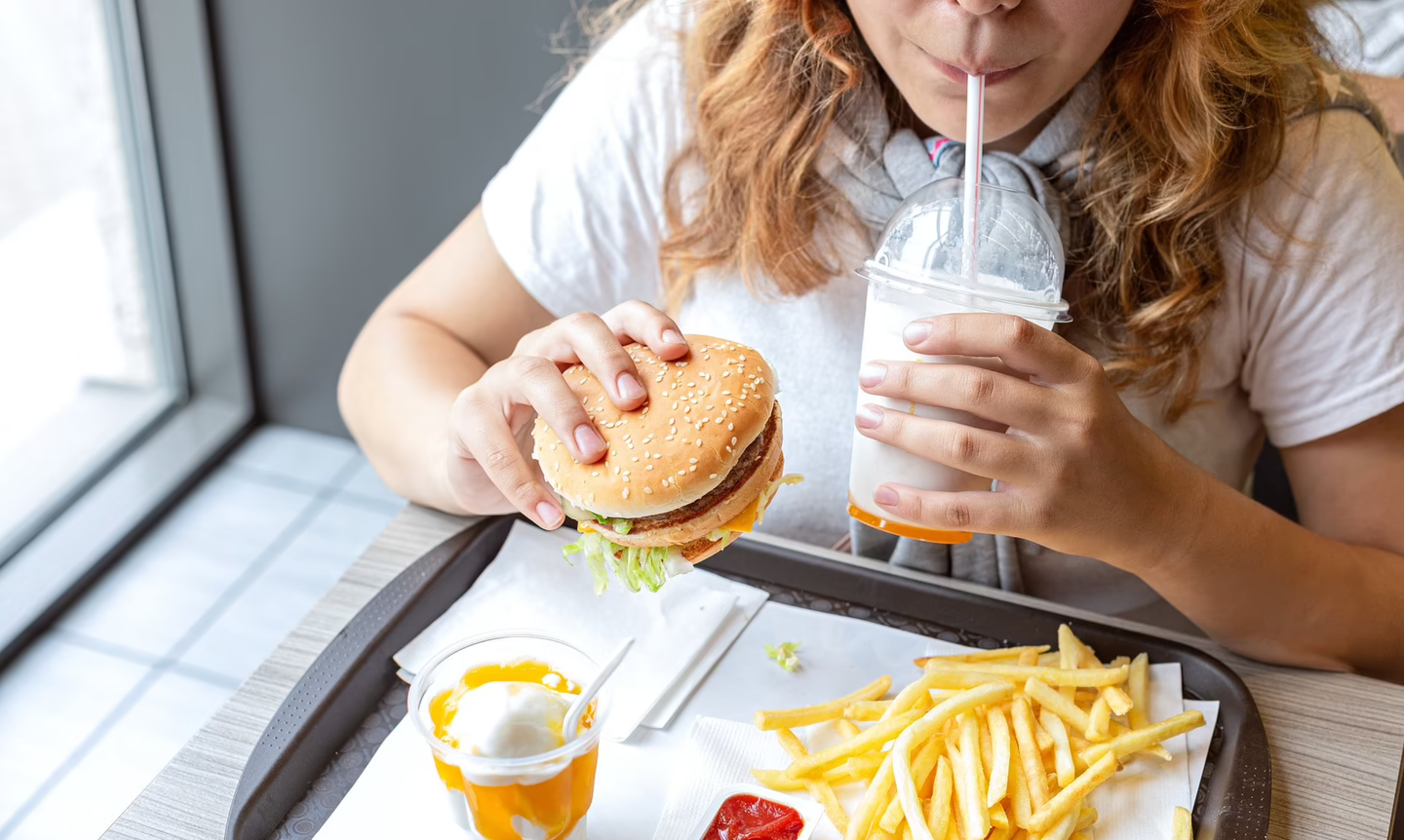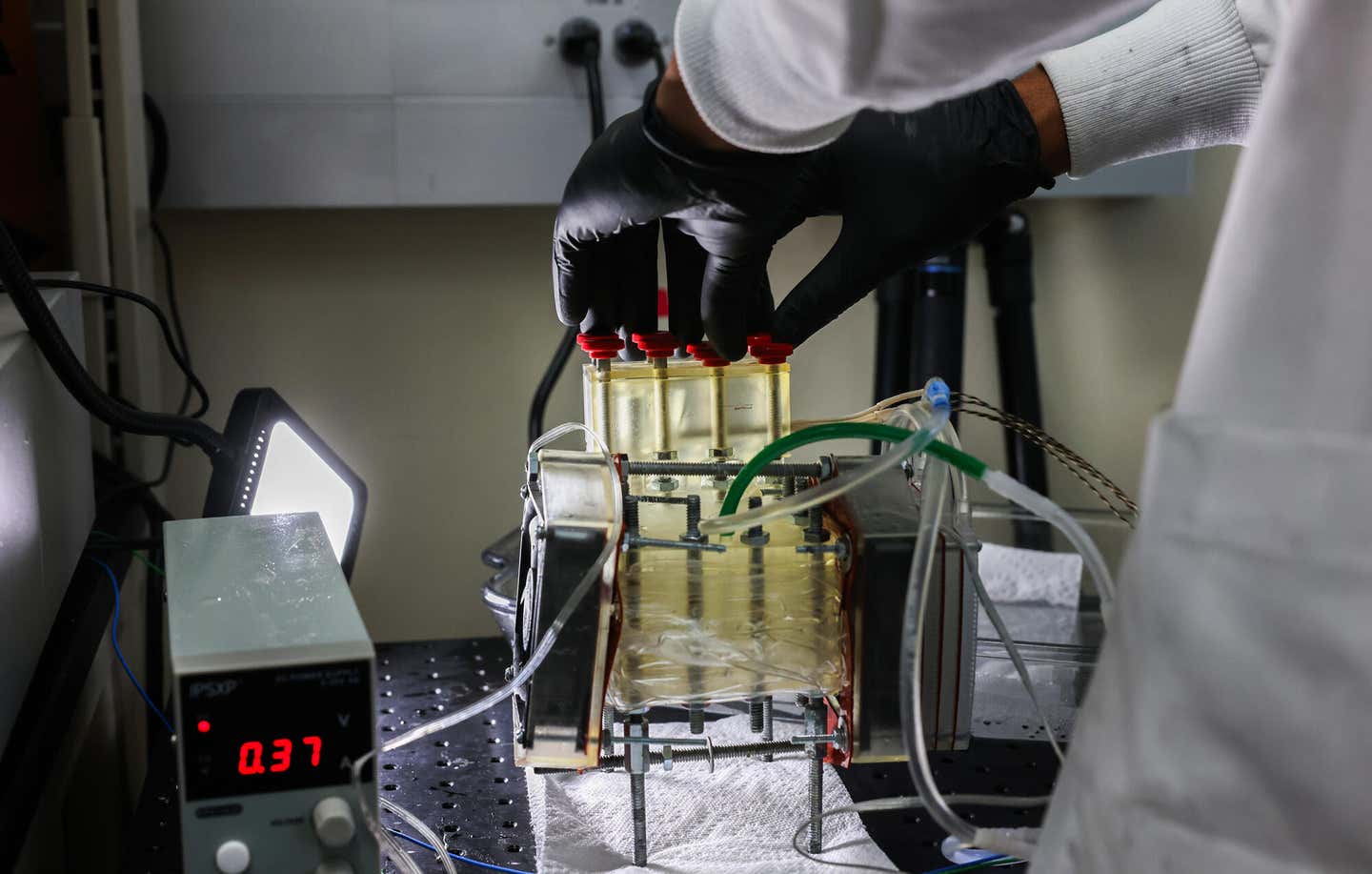Ultraprocessed foods linked to cardiometabolic problems in children
A recent study highlights the potential long-term health risks of ultraprocessed foods consumed by young children

A recent study highlights the potential long-term health risks of ultraprocessed foods consumed by young children. The research suggests that these foods may increase the likelihood of cardiometabolic problems—such as heart attacks, strokes, and diabetes—in adulthood.
"One of the important things to learn is that some of the things that we deal with in the adult world, more likely than not, start very early in life," said Dr. Stuart Berger, a pediatric cardiologist and chair of the section of cardiology and cardiac surgery for the American Academy of Pediatrics, who was not involved in the research.
The study, published in JAMA Network Open, analyzed data from over 1,400 children aged 3 to 6 from schools across seven Spanish cities. Between 2019 and 2022, caregivers provided information on the children’s physical activity, food consumption, and demographics through in-person meetings and questionnaires.
Researchers categorized the children into three groups based on their intake of ultraprocessed foods. Those consuming the highest amounts of these foods had increased risk factors, including higher body mass index (BMI), systolic blood pressure, and waist-to-height ratio.
Ultraprocessed foods contain ingredients rarely used in home kitchens or classes of additives designed to make products more palatable, according to the Food and Agriculture Organization of the United Nations.
Examples include preservatives, artificial coloring, emulsifiers, and added or altered sugar, salt, and fats. Common ultraprocessed foods are sodas, chips, packaged soups, chicken nuggets, and ice cream.
Related Stories
"Americans eat ultraprocessed foods every day," said Dr. Andrew Freeman, director of cardiovascular prevention and wellness at National Jewish Health in Denver, who was also not involved in the research.
A related study showed that a group of Americans consumed at least three servings of ultraprocessed food daily, with some eating an average of seven servings a day.
While many studies have documented the adverse health effects of ultraprocessed foods in adults, this new research is among the first to explore their impact on the cardiometabolic health of young children, Berger noted. He emphasized the importance of addressing ultraprocessed food consumption in children.
The observational nature of the study means researchers can identify associations between ultraprocessed food intake and health outcomes but cannot definitively establish causation. Despite this limitation, it is vital to consider the influence of early nutrition on lifelong eating habits, Berger explained. Early dietary patterns, even those influenced by maternal diet during pregnancy, can shape future preferences and health outcomes.
Shifting children’s diets away from ultraprocessed foods toward fresher options is easier when they are young, Berger said. However, not all families find it equally easy to avoid ultraprocessed foods. The study found that children consuming the highest amounts of these foods often had mothers who were younger, had higher BMIs, and had lower levels of education and employment.
In areas where fresh food is less accessible, ultraprocessed foods are more readily available and affordable. "Ultraprocessed foods are also ultra-convenient," Freeman said. "As a result, people reach for them when they feed their kids. Their kids aren’t hungry, but they’re filled with all these different chemicals and substances and seasonings and salts of sugars and whatever that they become very addicted to."
Freeman emphasized the importance of balancing children’s diets with fresh fruits and vegetables to avoid long-term health problems. Adding nutritious foods and encouraging physical activity can help establish healthy habits early on, potentially preventing metabolic syndromes like diabetes and obesity later in life.
"If you can do something to create a healthy lifestyle early, there’s a reasonable chance that you can eliminate metabolic syndromes later in life like diabetes, obesity, and all the complications associated with diabetes and obesity," Berger said.
Reducing ultra-processed foods
Reducing ultra-processed foods in one's diet can have numerous health benefits. Here are some strategies to help people minimize their consumption of ultra-processed foods:
Cook at home: Cooking meals from scratch using whole, unprocessed ingredients allows you to have control over what goes into your food and reduces reliance on packaged or pre-prepared foods.
Read labels: Pay attention to food labels and ingredient lists. Avoid products with lengthy ingredient lists containing unfamiliar or unpronounceable ingredients, excessive additives, sugars, and unhealthy fats.
Choose whole foods: Opt for whole, minimally processed foods such as fruits, vegetables, whole grains, legumes, nuts, seeds, lean meats, and fish. These foods are typically nutrient-dense and provide essential vitamins, minerals, and fiber.
Limit sugary beverages: Reduce consumption of sugary drinks like sodas, energy drinks, and sweetened teas. Opt for water, herbal teas, or naturally flavored water instead.
Snack smart: Instead of reaching for packaged snacks like chips, cookies, or candy, choose healthier alternatives such as fresh fruit, vegetables with hummus or guacamole, nuts, or homemade trail mix.
Plan meals ahead: Take time to plan your meals and snacks for the week. This can help you make healthier choices and reduce the temptation to grab convenience foods when you're hungry and pressed for time.
Be mindful of portion sizes: Even healthy foods can contribute to excess calorie intake if consumed in large portions. Pay attention to portion sizes and practice mindful eating to avoid overeating.
Educate yourself: Learn about nutrition and food processing techniques to make informed choices about the foods you eat. Understanding the impact of ultra-processed foods on health can motivate you to make healthier choices.
Gradual transition: Making drastic changes to your diet all at once can be challenging. Instead, gradually replace ultra-processed foods with healthier alternatives to make the transition more sustainable.
Seek support: If you find it difficult to reduce ultra-processed foods in your diet, consider seeking support from friends, family, or a registered dietitian. They can provide encouragement, accountability, and practical tips to help you achieve your goals.
For more science and technology stories check out our New Discoveries section at The Brighter Side of News.
Note: Materials provided above by The Brighter Side of News. Content may be edited for style and length.
Like these kind of feel good stories? Get the Brighter Side of News' newsletter.
Joshua Shavit
Science & Technology Writer | AI and Robotics Reporter
Joshua Shavit is a Los Angeles-based science and technology writer with a passion for exploring the breakthroughs shaping the future. As a contributor to The Brighter Side of News, he focuses on positive and transformative advancements in AI, technology, physics, engineering, robotics and space science. Joshua is currently working towards a Bachelor of Science in Business Administration at the University of California, Berkeley. He combines his academic background with a talent for storytelling, making complex scientific discoveries engaging and accessible. His work highlights the innovators behind the ideas, bringing readers closer to the people driving progress.



